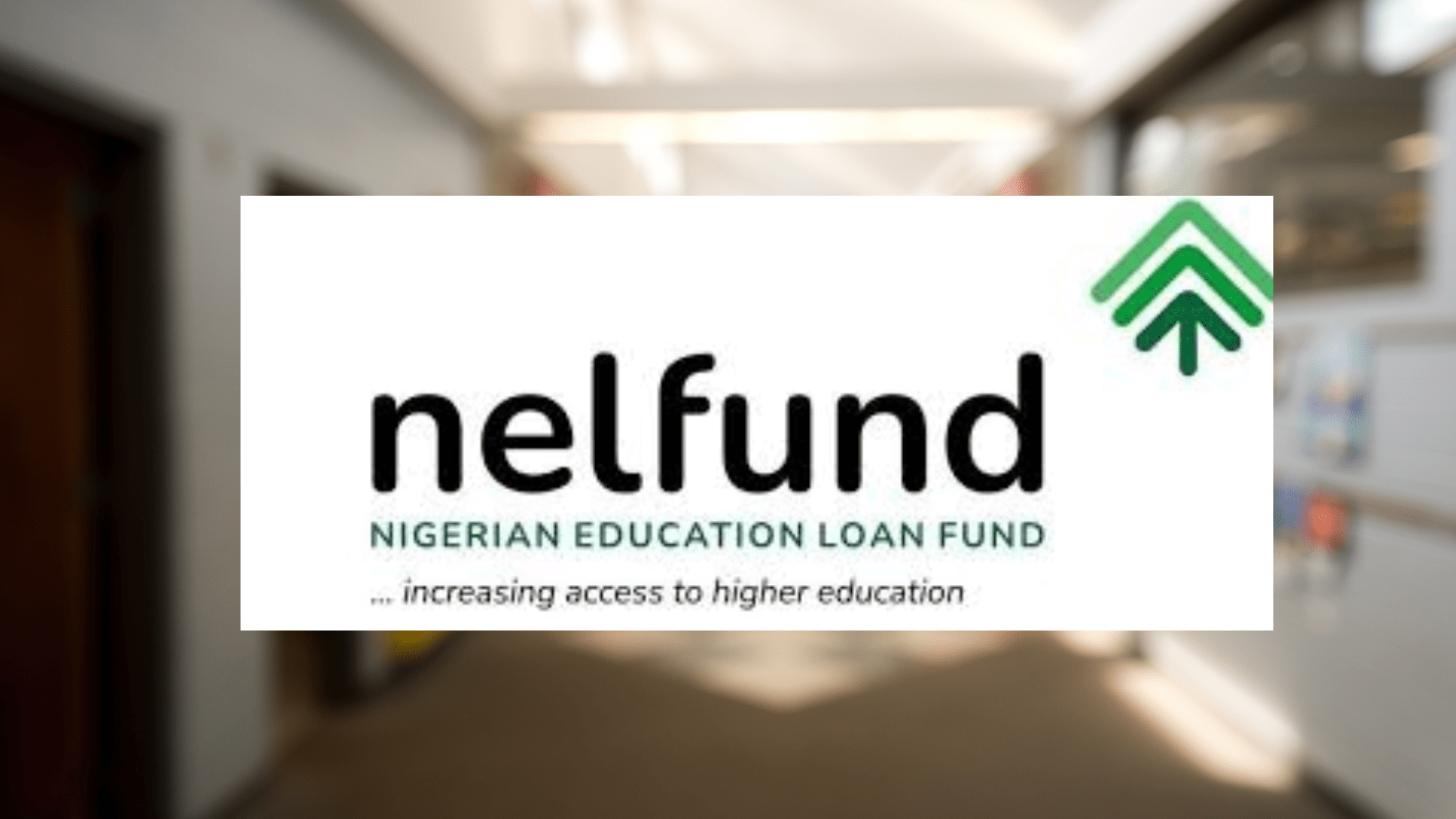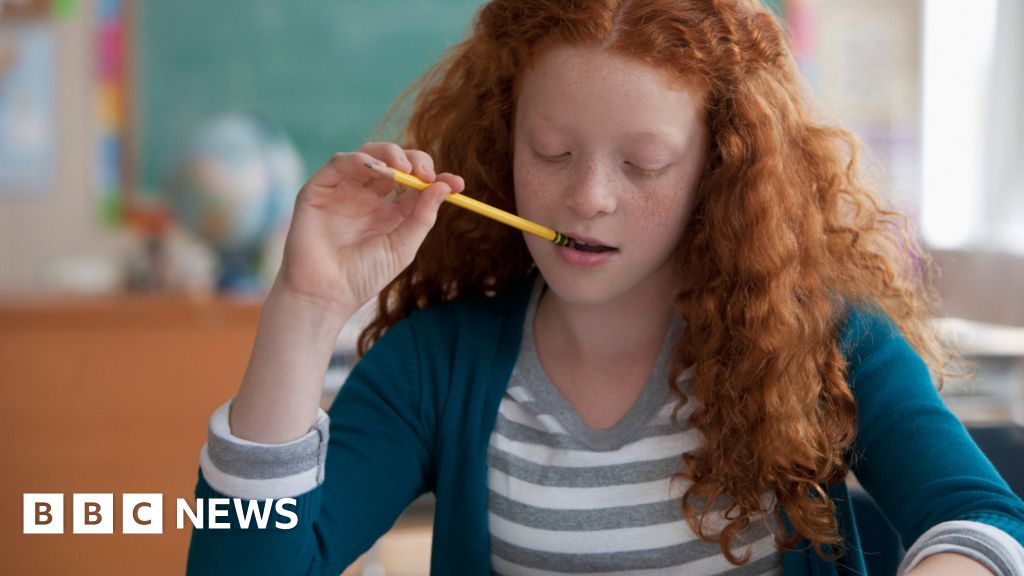Copyright dailymail

A Los Angeles high school English teacher's routine grading session took a shocking turn when his lowest-performing students began turning in flawless A-grade essays - all at once. Dustin Stevenson's suspicions were soon confirmed after one of his students revealed the secret. The culprit wasn't an underground website or a secret group chat but Google Lens, a tool embedded directly into every student's school-issued Chromebook. Students simply hover over a test or essay question and instantly receive AI-generated answers - all without switching tabs or typing a single word. 'I couldn't believe it,' Stevenson said Mercury News. 'It's hard enough to teach in the age of AI, and now we have to navigate this?' For Stevenson and other educators across the country, the discovery marks a turning point in what they describe as an escalating battle against invisible academic dishonesty. What began as a tool to identify plants or translate signs had become an academic disruptor. The latest version of Lens allows a floating AI 'bubble' to appear on screen, scanning and interpreting anything within its range. Teachers have become used to catching students glancing at phones or whispering answers but are now having to dealing with a tool that operates in plain sight - under the guise of legitimate tech. AI-assisted cheating has become one of the fastest-growing concerns in classrooms across America. A survey by the Center for Democracy and Technology found that more than 70 percent of teachers now doubt whether their students' work is truly their own. Nearly three-quarters said they worry that an over reliance on AI is damaging students' ability to think, write, and research independently. The problem isn't limited to Lens. AI models like ChatGPT, Gemini, and Copilot have already infiltrated the education system - but Lens's integration into Google's ecosystem makes it especially hard to police. After Stevenson reported the cheating, Lens quietly disappeared from his students' Chromebooks. 'It's encouraging,' he said. 'But it also reveals how haphazard the introduction of AI has been. Teachers and school leaders spend countless hours considering each detail of the learning experience - then Google totally undermines it with the click of a button.' William Heuisler, an ethnic studies teacher in Los Angeles, said the shift began when schools distributed Chromebooks to millions of students during the pandemic. 'After COVID-19, it was clear that Chromebooks were a terrible idea in my classroom,' Heuisler said. 'Students used them to play games, watch soccer matches, and do anything but focus.' Once AI arrived, he decided to eliminate laptops altogether. 'We want teenagers to think independently, voice their opinions, learn to think critically,' Heuisler said. 'But if we give them a tool that allows them to not develop those skills, I'm not sure we're actually helping them. Can you get by in life not knowing how to write, how to express yourself? I don't know, but I hope not.' New research backs up those fears. A 2024 study from the Massachusetts Institute of Technology, titled 'Your Brain on ChatGPT,' found that students who used AI to write essays showed far less brain activity than those who wrote unaided. Many couldn't even recall details from their own papers. Their writing, researchers said, was flatter and more formulaic with limited vocabulary and simplistic sentence structures. Despite those concerns, about 85 percent of teachers and students now use AI in some capacity, according to the same report. Teachers rely on it for grading and planning lessons, while students use it for brainstorming or research and, increasingly, for shortcuts. The rules on using AI in schoo;work are unclear. The California Department of Education provides suggestions for ethical AI use but no statewide policy. One state-produced video even encourages teachers not to punish students caught using AI - but instead to redesign assignments that can't easily be answered by a machine. That lack of clarity is precisely the problem, said Alix Gallagher, a director at Policy Analysis for California Education to The Mercury. 'Because adults aren't clear, it's actually not surprising that kids aren't clear,' Gallagher said. 'It's adults' responsibility to fix that, and if adults don't get on the same page they will make it harder for kids who actually want to do the 'right' thing.' A RAND survey found only 34 percent of teachers reported consistent AI policies in their schools, while 80 percent of students said no one had explained how to use AI responsibly. Hillary Freeman, a government teacher at Piedmont High near Oakland, said her classroom rules are simple: use AI, get a zero. She allows it only when specifically authorized for narrow purposes, like summarizing complex topics. 'Reasoning, logic, problem-solving, writing - these are skills students need,' Freeman said. 'I fear we're going to have a generation with huge cognitive gaps in critical thinking. … It's really concerning to me.' Even enforcing that rule, she said, has become 'a huge add to my job.' Freeman spends hours tracing version histories and running plagiarism scans - tools that are themselves inconsistent and prone to false positives, especially against students learning English. Google insists it is acting responsibly. 'Students have told us they value tools that help them learn and understand things visually, so we have been running tests offering an easier way to access Lens while browsing,' said Craig Ewer, a Google spokesperson. 'We continue to work closely with educators and partners to improve the helpfulness of our tools that support the learning process.' The company has invested more than $40 million in AI literacy for students and teachers and recently paused a 'homework help' button within Lens after feedback from users. Los Angeles Unified School District (LAUSD) has opted to keep Lens enabled on student Chromebooks. A spokesperson said the district weighs both 'the risks and benefits' and allows the feature only for students who have completed a digital literacy lesson. 'As new digital tools evolve, we continuously evaluate how they are used within our schools,' the district said in a statement.



